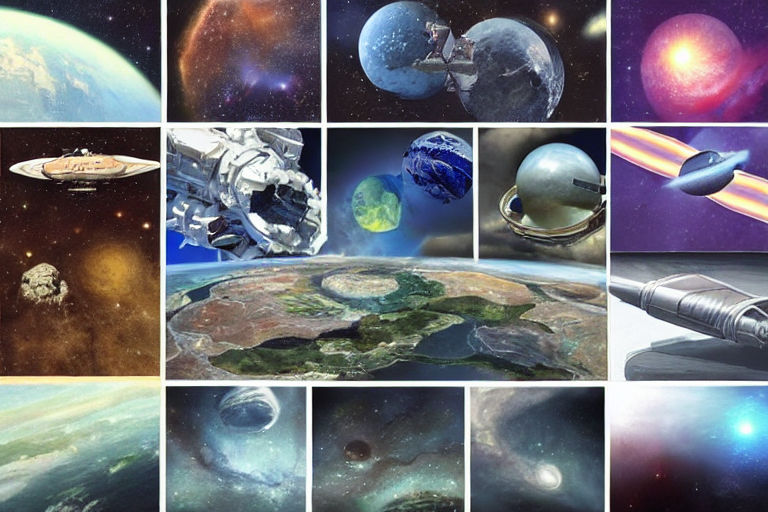From Space Travel to Virtual Reality: The Evolution of Sci-Fi
Science fiction, or sci-fi for short, has been around for centuries. Since the days of Jules Verne and H.G. Wells, authors have been fascinated with imagining what the future may hold. But it wasn't until the mid-20th century that sci-fi started to really take off. Thanks to a growing interest in space travel and the rapid advancement of technology, the genre exploded in popularity.
Space Travel
Sci-fi was heavily influenced by the Space Race between the United States and the Soviet Union in the 1950s and 1960s. As humans moved closer toward space travel, authors like Arthur C. Clarke and Ray Bradbury began exploring the possibilities of what could be out there. From the discovery of new planets and life forms to the colonization of other worlds, space travel was at the forefront of sci-fi for many years.
Technology
As technology continued to advance, so did the world of sci-fi. From the rise of the personal computer to the Internet, authors began imagining a future where technology was even more integrated into our daily lives. Cyberspace, virtual reality, and artificial intelligence became regular themes in sci-fi stories. Authors like William Gibson and Neal Stephenson captured the imaginations of readers with their vivid depictions of a future that was becoming more and more tethered to technology.
The Blurring of Reality
The rise of virtual reality tools like the Oculus Rift and the HTC Vive have brought the world of sci-fi even closer to reality. The idea of being able to fully immerse oneself in a virtual world that closely resembles our own is something that once seemed like science fiction but is now very much a reality. As sci-fi continues to evolve, it's fascinating to consider what the future may hold. Will we be able to travel through space and time like in Doctor Who or will we be able to upload our consciousness into a computer like in The Matrix?
In conclusion, sci-fi has evolved alongside our own technological advancements, from the days of imagining space travel to envisioning a world where we can fully immerse ourselves in virtual reality. However, no matter how much sci-fi progresses, it will always maintain its core value of using imagination to explore what the future may hold.



